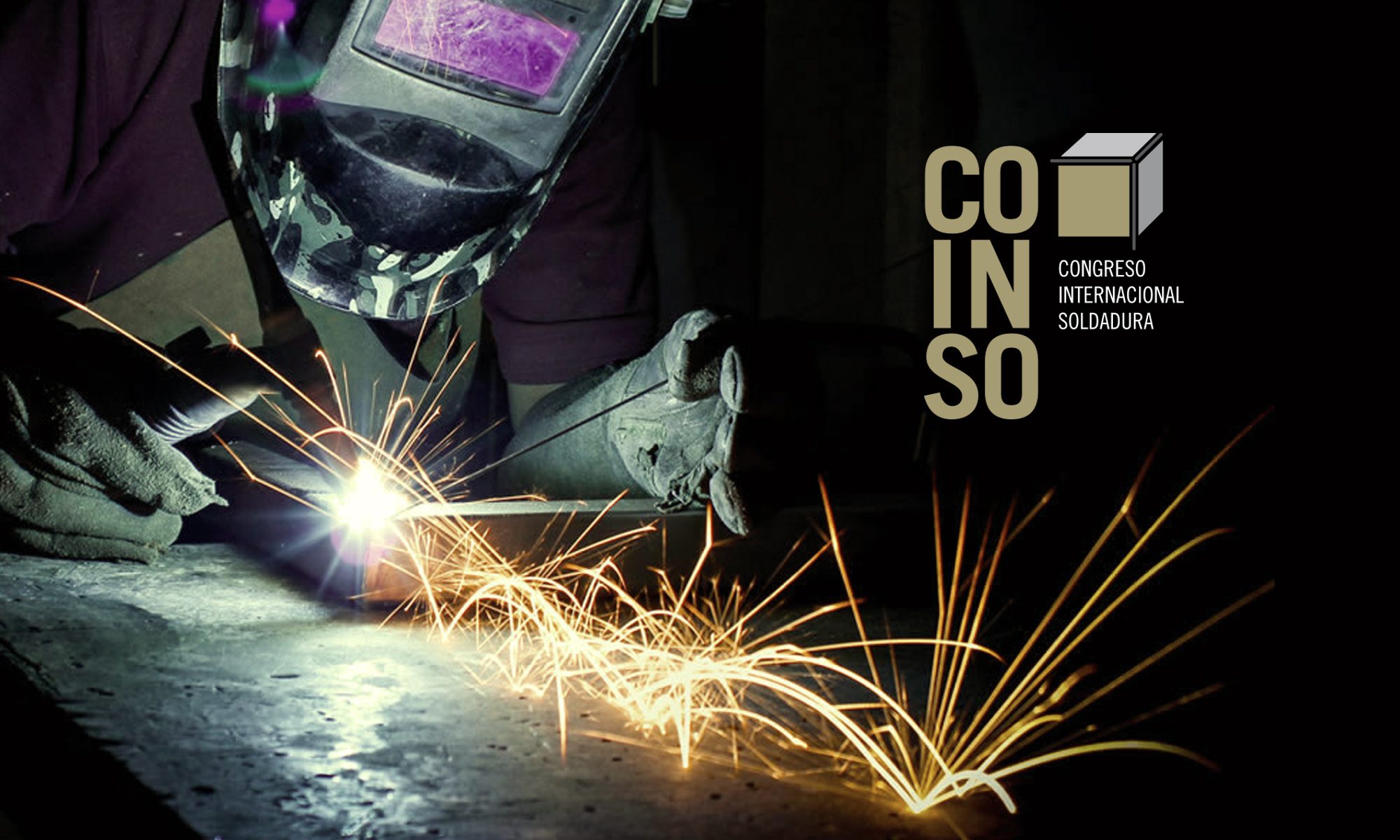- Advanced welding processes
This topic refers to the processes in solid, liquid and solid-liquid phase traditionally employed to generate the coalescence of the materials, as well as to advanced welding processes and those adaptations developed for specific applications. - Welding of new materials
The continuous technological advances and the development of new materials make necessary the generation of procedures and techniques to conceive healthy joints in different kind of materials, for instance welding of steel or metals and dissimilar alloys, welding of polymers, of wood, etc. - Simulation in welding
Today, simulation is an extremely important instrument in the technological developments of all fields, and welding is no exception; simulation can be used as a method of estimating thermal cycles and stress fields, as well as facilitating the formation of new welders and improving the work of those already experienced. - Design and manufacture of products for welding
This topic includes the development and improvement of equipment and instruments which facilitate welding operations, as well as those which allow to increase the quality of welded joints. - Inspection and quality of welded products
The different techniques of quality control of industrially manufactured products in general and of welded products in particular are advancing rapidly. This topic will allow the exchange of knowledge in this subject, both for destructive and non-destructive tests affected to the control of welded joints. - Corrosion and protection of the welded surface
Certain materials, when exposed to the surrounding environment, are susceptible to corrosion attacks, this effect being more critical in the region associated with the welded joint. This topic aims to contribute to the development of techniques which allow to delay or remove the effects of corrosion. - Staff development and qualifications
The development of new materials, higher production levels, new welding techniques, etc. make necessary the continuous training of the personnel affected to these operations. The objective of this topic is to transfer knowledge and to generate training alternatives and qualification of welders. - Welding metallurgy
The mechanical properties of welding are affected by different metallurgical and mechanical factors, including the addition of alloys, preheating temperature, heat provided, post-welding thermal treatments, thermo-mechanical treatments, among others. To promote the exchange of knowledge in this subject is of great importance to evaluate the weldability and behaviour of welded joints of metallic materials and their alloys.

COINSO 2021 | Congreso Internacional de Soldadura
May 19-21, 2021